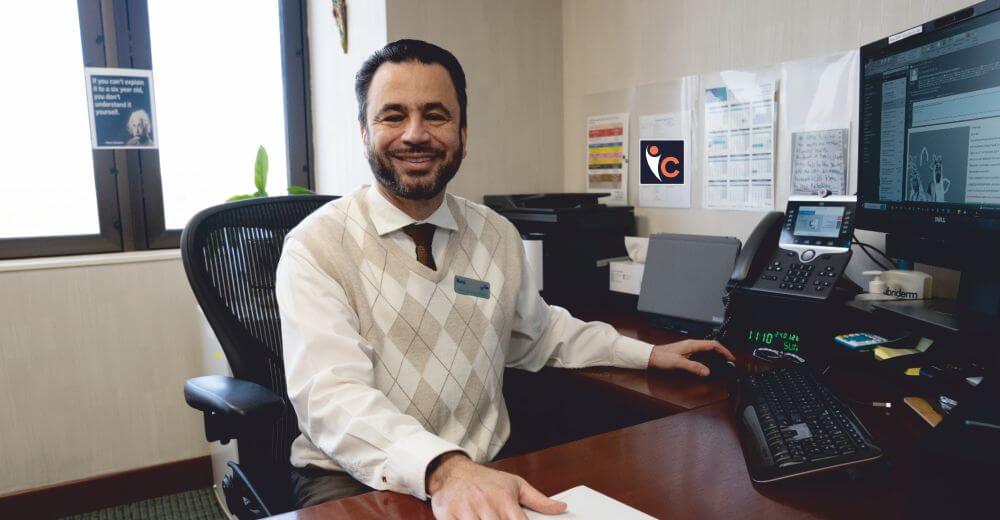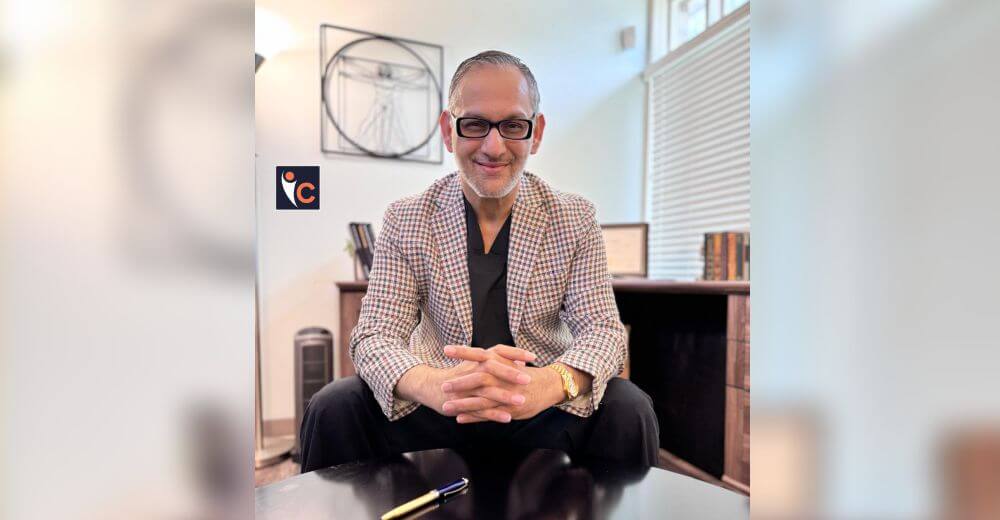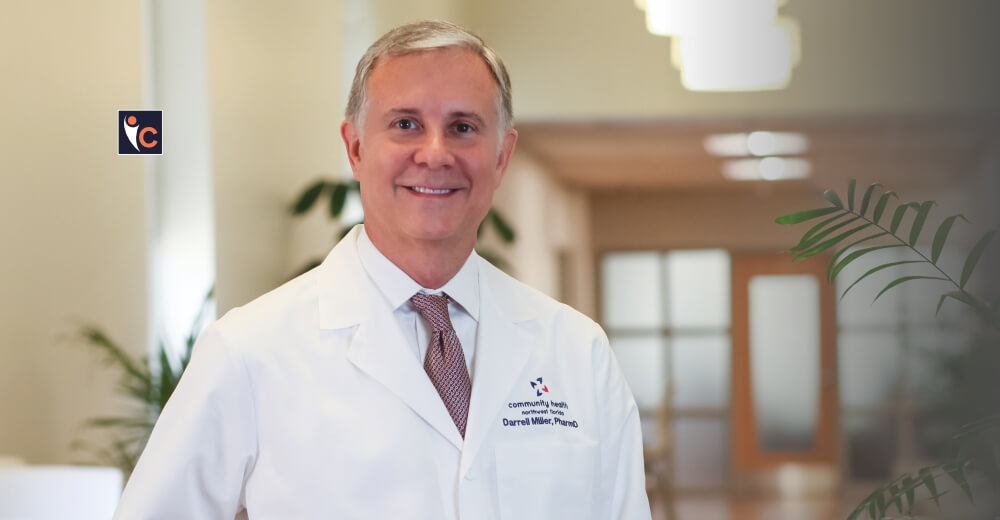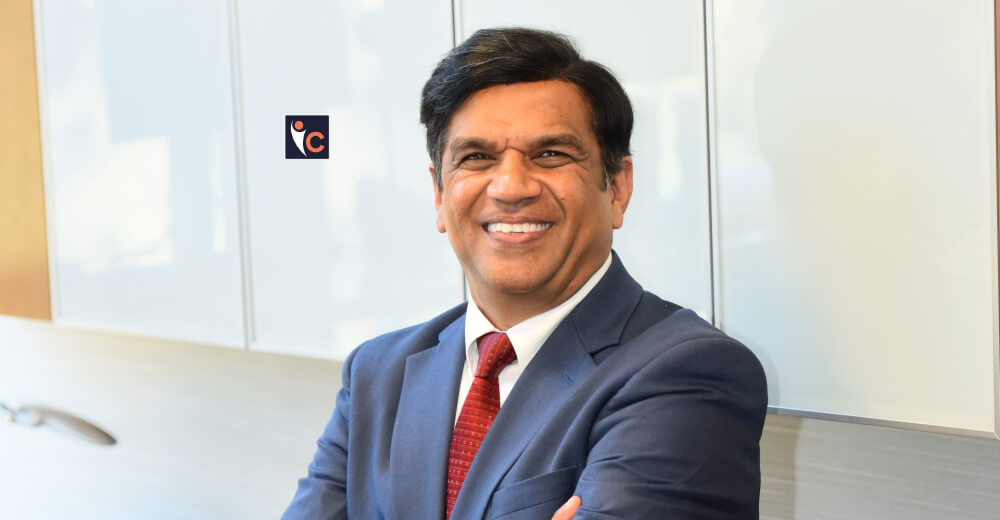In today’s dynamic healthcare landscape, the importance of coordinated care activities cannot be overstated, as they are the key to improving patient care and fostering enhanced patient satisfaction. Recognizing the transformative potential of this approach, we proudly introduce Howard Shaps, MD, MBA, Chief Medical Officer (CMO) at Healthmap Solutions, who has emerged as a leading advocate for coordinated care to improve the lives of patients with kidney disease, while also delivering positive outcomes.
As the CMO, Dr. Shaps leads a team of clinical experts who are committed to transforming healthcare practices. His primary objective is to ensure that patients receive the most appropriate care, at the right time and in the right setting. By coordinating the efforts of a multidisciplinary care team consisting of registered nurses, social workers, behavioral health clinicians, registered dietitians, medical directors, and pharmacists, Dr. Shaps and his team have achieved exceptional outcomes and garnered high satisfaction and Net Promoter Scores from both patients and providers. In this special edition, we shine a spotlight on Dr. Shaps, an exceptional, thoughtful, and kind healthcare leader, recognized for his innovative efforts in coordinated care. Through his strategic vision and dedication to patient-centered healthcare, he is redefining the expectations for care delivery, offering a glimpse into a future where collaboration and coordination seamlessly merge to optimize patient experiences.
Let’s delve into Dr. Shaps’s remarkable journey, exploring the transformative impact of coordinated care activities on patient care and satisfaction.
Inspiration
Howard was influenced at an early age by his two uncles, both of whom were physicians and thought that medical care needed to be improved. In addition, he always had a strong attraction to science growing up. Combining the exposure that he had to the medical field through his uncles, while also learning what it takes to be successful was a natural progression to becoming a physician and following in his uncles’ footsteps. This focused interest in being a physician brought Howard to the University of Michigan, where he would begin his educational journey and graduate with a Bachelor’s Degree in Psychology. After graduating from the University of Michigan, he then began chasing his dream of becoming a physician, earning his Medical Degree from Boston University School of Medicine. Howard then completed his surgical internship at Loyola University Medical Center in Maywood, IL and his Emergency Medicine residency at North Shore University Hospital in Manhasset, NY.
“After finishing residency at North Shore University Hospital, now Northwell Health, I was given the opportunity to experience the administrative side of medicine, while actively practicing full-time as a board-certified emergency physician. There I saw how population health activities can improve patient outcomes, at scale. Realizing that I could combine my clinical and business skills to aid patient populations continues to be truly inspiring,” adds Howard.
Journey to CMO
Howard’s journey toward becoming the CMO at Healthmap was an inspiring one. “My journey was influenced by many people, including valued mentors who gave me the chance to reach my potential and my goals,” says Howard. “It all started when I was practicing medicine. I had the opportunity to join multiple hospital committees, both clinical and business, where I also led my medical group and worked diligently to learn the importance of quality outcomes in patient care.”
“In 2012, I was given my first administrative job when I joined a Quality Improvement Organization, which was tasked with improving the healthcare of Medicare beneficiaries. At that time, I learned the value of population health management activities. From there I joined WellCare Health Plans, where I was given the opportunity to lead the clinical strategy for 450,000 government members at the local health plan level. During my time in the health plan industry, I strengthened my knowledge and leadership for clinical and care management operations along with other population health responsibilities. Fast forward to 2019, I became the Deputy Chief Medical Officer for WellCare and then assumed the same role for the Centene Corporation, after we were acquired.”
Howard adds, “In 2021, I was recruited to Healthmap as their Chief Clinical Officer, and at the start of 2023, I was promoted to Chief Medical Officer. As the CMO, I am charged with leading our clinical teams that interact with both patients and providers to improve outcomes. Our clinical team and our entire organization have been highly successful over the past several years. We’ve seen improvement in patient outcomes as well as high satisfaction rates from both providers and patients.”
Supporting Patients in their Health Journey
Patients with chronic kidney disease (CKD) and end-stage renal disease (ESRD) are complex, requiring significant care coordination activities to ensure they are experiencing the best outcomes possible. Healthmap’s Care Navigators, all of whom are nurses, work directly with patients, with support from the multidisciplinary care team of social workers, behavioral health clinicians, registered dietitians, medical directors, and pharmacists. The team helps specifically by making sure patients are receiving proactive preventive care, seeing their doctors, taking their medications, and addressing diet and lifestyle challenges. “If we can address the medical, pharmacy, behavioral, and social aspects of a patient’s care, we know we will see improved health outcomes and patient satisfaction.”
“Additionally, we support our providers by serving as their eyes and ears outside the four walls of their practice. Our clinicians will bring insights to providers, such as notifications when a patient is not filling his or her medications, did not receive a scheduled laboratory test, or has not seen a nephrologist. Importantly, we listen to our providers and make sure we bring them information that helps them care for their patients. The partnership we have with our providers is paramount to our success.”
Comprehensive Care Coordination
Healthmap’s Kidney Health Management (KHM) program helps providers deliver industry-accepted evidence-based care. Healthmap has an exceptional training department, which works with its clinicians to help them deliver care that will improve quality outcomes.
“Each of our Care Navigators (care managers) will complete a Health Risk Assessment and develop a Care Plan when working with our program patients,” Howard states. “This helps structure the approach to comprehensive care coordination. Depending on the patient’s comorbidities, additional protocols are followed to make sure those disease states and conditions receive the proper attention.”
Overcoming Challenges
Reflecting on the current operations, Howard highlights that prioritization of clinical initiatives can be challenging. “As we continue to innovate and update our product offerings, the team needs to determine what is best for our program’s members.”
He continues, “These clinical initiatives cannot become operational without the assistance from multiple departments such as IT, Legal, Product, Compliance, HR, etc. For example, when looking at future home-based services that we can offer to our members, we chose to launch home Care Navigation first. Our roadmap has multiple other home-based services that we’ll continue to operationalize over the next 12 months.”
Encouraging Collaboration and Teamwork
From a provider standpoint, Healthmap’s provider support team serves as a trusted partners. “Although we do not practice medicine, we do help our practitioners provide care and support. We act as an extension of their provider team and bring helpful insights about their patients to help improve outcomes. As our providers learn more about our services, the teams work well together, developing close relationships. By bringing helpful information and working with our providers’ patients, we earn their trust and function as one team,” emphasizes Howard.
Tackling Conflicts Among Health Professionals
Conflict amongst healthcare professionals can be difficult to manage. It takes time and experience to learn how to responsibly resolve these conflicts. Most importantly, it requires active listening by all parties to see what is causing the conflict. Howard addresses such issues directly by requesting transparency when discussing conflicts and weighing all aspects of the concerns that he hears. Ultimately, decisions come down to what is best for the team or organization. “I believe my time practicing medicine along with working with countless healthcare providers has given me great insights into what motivates people and how to approach difficult conversations,” he adds.
Vision for the Future of Medical Care
Howard states, “Appropriate care delivery should not be predicated on one’s social or economic status. It should not depend on where the patient lives or the challenges faced by the patient. Kidney care is complicated, and patients are complex with multiple comorbidities. It is my responsibility to make sure our members have the best chance of achieving the highest quality and most cost-effective care possible. This includes working with network providers while acting as an extension of their practice. If we can collaborate effectively, we know our members will experience the best outcomes possible. These outcomes include identifying kidney disease early, maintaining high levels of member and provider engagement, helping to slow the progression of kidney disease, coordinating planned dialysis starts, optimizing treatment options for ESRD members, and reducing unnecessary hospital admissions and readmissions.”
Words of Wisdom
To the budding entrepreneurs and enthusiasts who desire to follow in the footsteps of Howard, he advises, “The medical field is complex and relationship-driven. My recommendations are to learn the fundamentals of well-delivered evidence-based medicine, build a solid base of knowledge, be humble, and always show empathy. Additionally, share your talent, be assertive while being respectful, and do not be afraid to fail. I was once told that I need to be uncomfortable to grow and I think of that each day. Shoot for the stars!”















